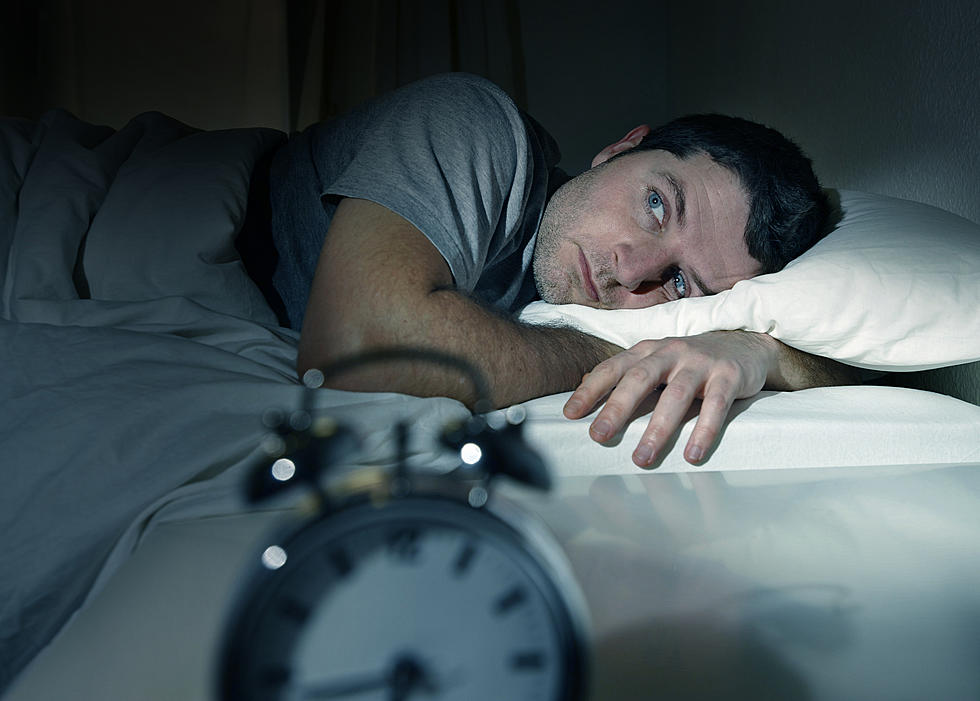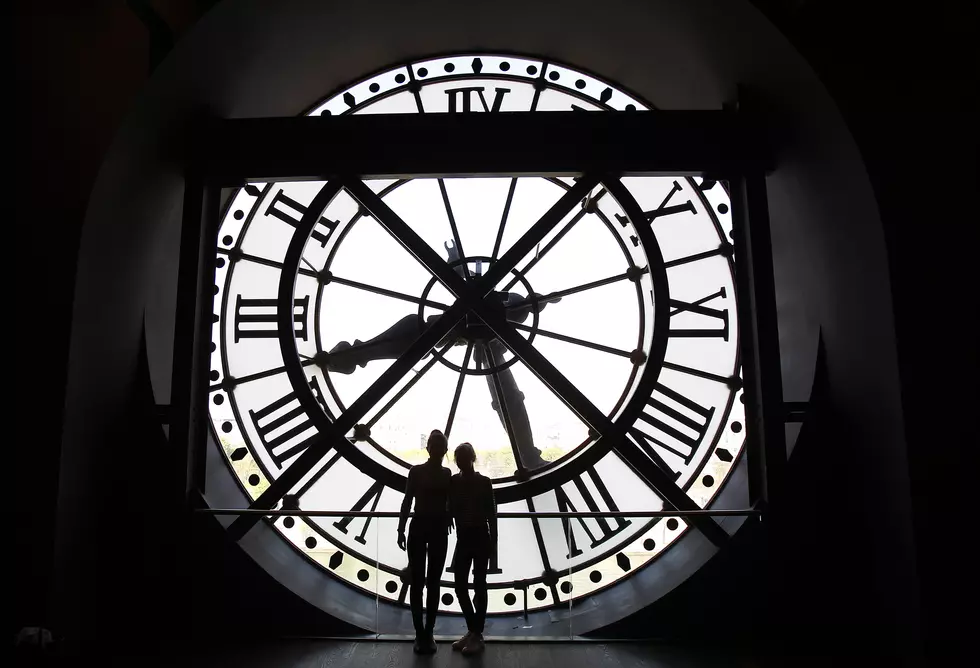![Mushada Monday – Do Away with Daylight Savings Time? [POLL]](http://townsquare.media/site/385/files/2013/03/clock-300x200.jpg?w=980&q=75)
Mushada Monday – Do Away with Daylight Savings Time? [POLL]
Each year we go through the same song and dance.
We lose an hour of sleep in spring time and complain the following Monday that we feel lethargic.
So there seems to be a feeling among some that the concept of daylight savings time has run its course.
Do you feel it has?
According to this:
Though daylight savings time began on Sunday, researchers have found the most acute effects occur on the first Monday after clocks spring forward. That's when about one-fifth of the world’s population is forced to get up and go to school or work one hour earlier than their bodies are used to.
(Unlike on Sunday, there's no option to just sleep in.)
Losing a single hour may seem trivial in the scheme of things, but medical researchers have spent a good amount of time investigating some of the health consequences of switching to daylight saving time. Here are some of the things they have learned:
* Heart attacks are more likely in the first week after we spring forward.
* Traffic accidents are 8.6% more common on the first Monday of daylight saving time, according to an analysis of Canadian data that appeared in the New England Journal of Medicine in 1996.
* A more recent study based on 21 years' worth of accident data from the U.S. concluded that there's "a significant increase" in fatal crashes on that first Monday. Those findings appeared in a 1999 edition of Sleep Medicine.
* Workplace accidents are more common -- and more severe -- on the Monday after switching to daylight saving time, according to an analysis of mining injuries that used 23 years' worth of data from the National Institute for Occupational Safety and Health. The findings were published in the Journal of Applied Psychology in 2009.
* The disruption to normal sleep rhythms was blamed for an uptick in suicides among Australian men in the first weeks after daylight saving time begins.
* Increased sleepiness on the first Monday after switching to daylight saving time leads to a "dramatic increase in cyberloafing behavior" (i.e. surfing the Web when you should be getting work done), at least in Singapore, according to a 2012 study in the Journal of Applied Psychology.
And on and on it goes.
I remember when President Nixon ordered we not go back to Standard Time during the fuel crisis of the 70’s.
The rationale at the time was to give us an extra hour of daylight in order to save energy.
How’d that one work out?
Not so good.
Kids were going to school in the dark; cows reportedly weren’t milking due to the darkness in the morning, and chickens weren’t laying eggs.
I’ll admit to feeling lethargic today, but it has nothing to do with the loss of the hour. More to do with my hours changing from day to night.
Simple as that.
So do you feel the hour we miss in the spring really makes a difference?
Again, not in my world.
I have a simple solution.
GO TO BED EARLIER ON SATURDAY NIGHT BEFORE YOU TURN THE CLOCKS AHEAD!
More From New Jersey 101.5 FM








